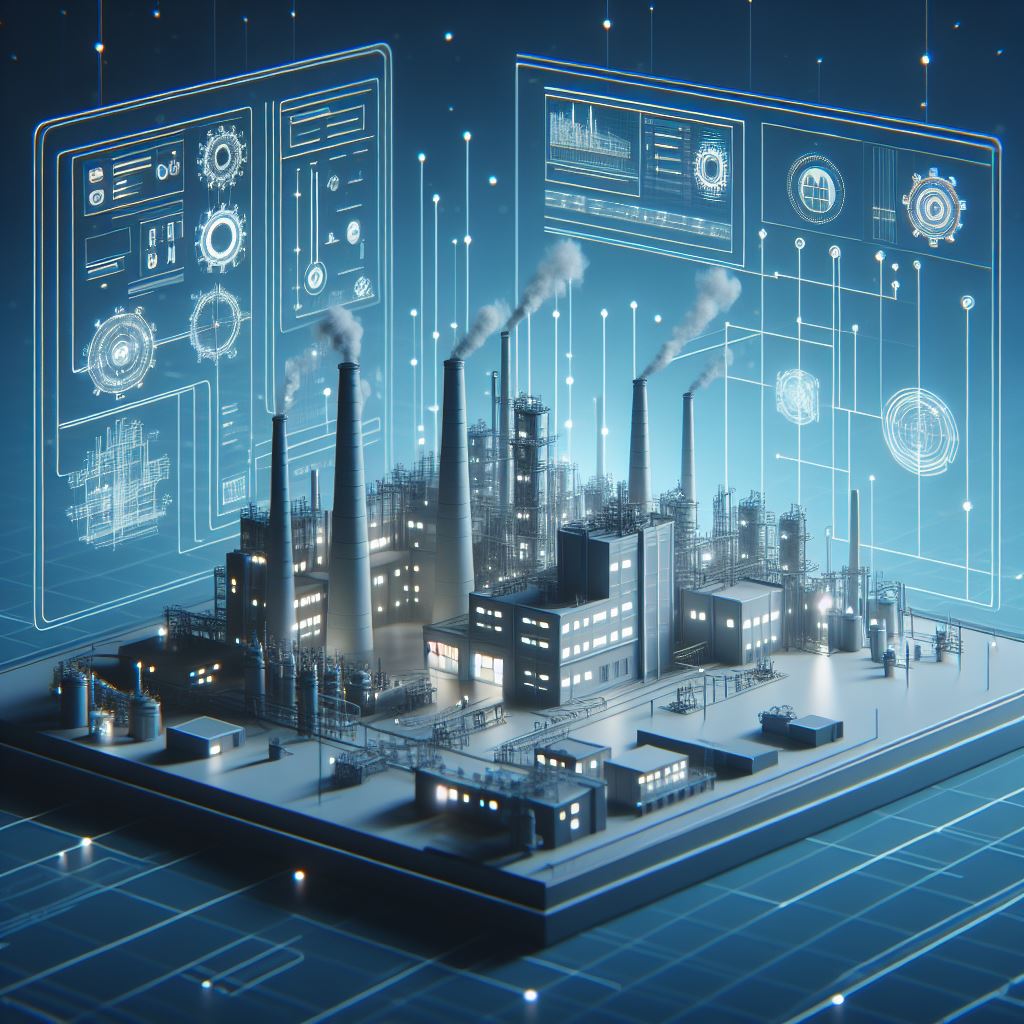Course
Introduction to vision technology and image processing

Did you know that smart cameras can help you with advanced quality control, automatic sorting and even process optimization? Are you a professional interested in industrial cameras and computer vision, but have little to no prior knowledge? This introductory course is just what you need!
This one-day course consists of two individual modules. In the first module you will receive an introduction to vision solution design combined with an introduction to the applications of various commercial camera technologies. The second module focuses on the various forms of image processing including artificial intelligence. You will get a clear overview of the numerous possibilities within computer vision, illustrated with relevant industrial examples inspired by the food processing sector, among others. After this course, you will be perfectly capable of assessing the potential of vision technology yourself, and communicating expectations smoothly with experts.
This course is designed not only to teach you knowledge, but also to show you how to apply it directly through demos and exercises. With our interactive approach, you will learn the theory and experience how to put it into practice.

What can you expect from this course?
- Combination of theory and practice: The sessions consist of a unique mix of theory, demonstrations and hands-on exercises in the industrial vision lab at the University of Antwerp.
- Broad coverage of technologies: In addition to the widely used color camera, you will be introduced to promising technologies such as hyperspectral imaging. The latest possibilities in image processing with artificial intelligence will also remain no secret to you.
- Combined academic and industrial perspective: The combination of technology experts from the university's industrial vision lab and industry, supplemented by real-world examples from the food industry, among others, highlights all aspects of industrial computer vision.
- Networking opportunities: During both modules, you will have extensive opportunities to network with participants from both the field and academia.
Program
Module 1: Technological and architectural choices in vision system design
OBJECTIVE: This module provides an understanding of the design of industrial vision systems. You will learn how a vision system functions, from image capture with lenses and cameras to software interpretation. You will also discuss how technological and architectural choices influence each other. Using theory and demos, you will gain insight into the complexity of architectural design and the necessary skills to discuss this with an expert.
Content:
- The construction of a vision system
- The different camera principles: RGB, line scan, thermal, 3D, hyperspectral etc.
- The interaction between light, exposure, lens, sensor type and camera size
- High-level design of a vision system, with a focus on practical applications
Module 2: Industrial image processing: artificial intelligence or not!
Aim: In this module, you will develop an understanding of how images are processed and interpreted within vision systems, using both classical computer algorithms and AI-based techniques. The focus is on exploring the various possibilities through concrete applications from the food processing industry and others, such as filtering, object detection and anomaly detection.
Content:
- Preprocessing: the importance of camera calibration and artifact removal
- Artificial intelligence, machine learning and deep learning
- Filtering: what, why, and how?
- Object and anomaly detection: Artificial Intelligence or not!
- Hands-on exercise(s).
Additional information
Target group:
Professionals interested in industrial cameras and computer vision with little to no prior knowledge of camera technologies, lighting and image processing techniques. No prior knowledge of industrial vision or image processing required.
Language:
This course is taught in Dutch.
Organization
Date
- 1 full day of lessons
Would you like to be notified of subsequent class dates for this course? Leave your details via the interest form and we will contact you when the exact dates of this course are known.
Location
University of Antwerp
Campus Groenenborger
Campus Groenenborger is easily accessible with various transportation options.
Price
- €550 (VAT exempt) (price subject to change)
This price includes course materials, coffee and lunches.
If you register with several people within the same company, you will enjoy a 15% discount on the registration fee from the second participant onwards (subject to joint invoicing). Please contact us for this at engineersoftomorrow@uantwerpen.be.
This training is eligible for the SME portfolio. More information at www.kmo-portefeuille.be and in the confirmation email after registration.
After registering for this course, our cancellation policy apply.
This course something for you?
Interested in this course? Register using the button below.
More courses

Model-based Systems Engineering for Digital Twin Systems (Blended Intensive Program)
Learn all about digital twins through this course that brings together international experts on the topic in an online and physical course!
Good to know
Engineers of tomorrow has more to offer than the annual job and networking event.
What
Engineers of Tomorrow aims to support the ecosystem of future industrial engineers, (alumni) engineers, the Faculty of Applied Engineering and technology and innovation-driven companies in their broader professional and personal development.
Who
We welcome future (graduate) industrial engineers and companies driven by technology and innovation.
Where
Engineers of Tomorrow's job and networking event takes place at Bluepoint in Antwerp.
Why
EoT is a sustainable, enabling platform that connects stakeholders with increasing focus on broader societal issues. Fundamentally, each stakeholder contributes to the platform and also has the opportunity to use it.








